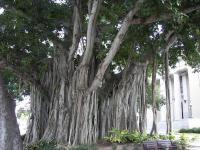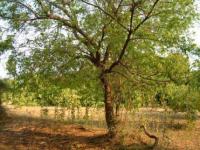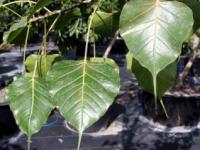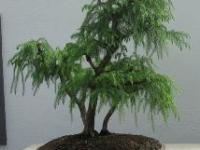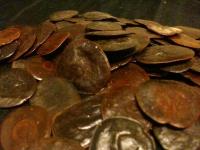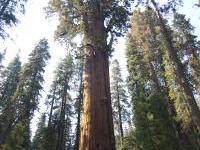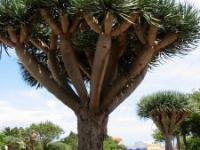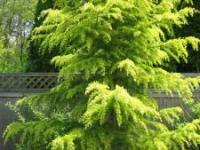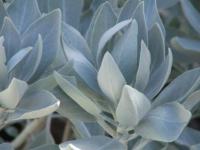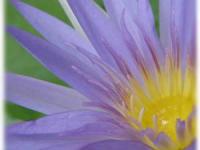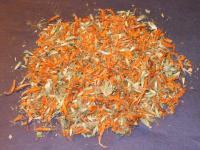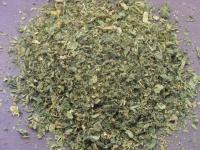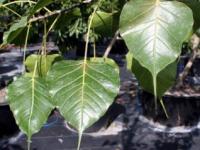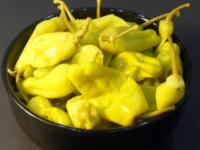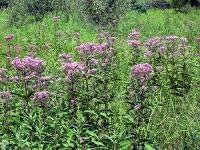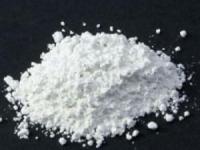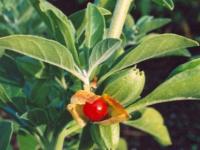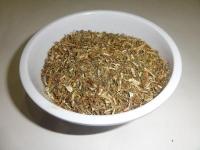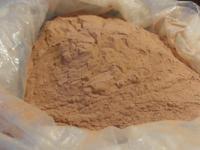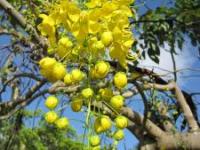Voacanga Africana
200 Seeds
Voacanga Africana is a tropical evergreen shrub native to West Africa. The genus of voacanga is closely related to those of Tabernanthe and Tabernaemontana and contains species that are primarily found in Africa and Asia. Although there are a few others found elsewhere. Growing to twenty feet in height, V. Africana has dark green, glossy leaves and white to yellow flowers. The seeds form in yellow clusters inside a fruit, turning brown upon drying. Voacanga seeds and bark have been traditionally used as a poison, a cerebral stimulant, an aphrodisiac, for memory recall and for ancestral contact. Modern interest has been aroused in voacanga’s ability to treat drug dependency. Unfortunately, reliable and detailed information on this plant is limited.
Growing Information:
Voacanga is stubborn and is known for having long germination periods that can take up to nine months. The seeds have thick coats that need to be worn down. Some growers simply file or sand the outside of the seed so moisture can enter. The seeds naturally germinate in the rotting fruits after they have fallen from the tree. The acids in the fruit help penetrate the seed coats, which are also still soft. To mimic this idea, some growers will soak the seeds in a mild acid such as vinegar or diluted HCL for five minutes to eat away the seed coat. Afterwards, they must rinse the seeds to make sure the acids do not linger. After wearing down the seed coat using one method or the other, the seeds need to be sterilized in peroxide because the long germination period lends easily to mold formation. While mold doesn’t signify automatic failure, it should be avoided at all costs. If it affects the embryo your seeds will die. Sterilizing your soil and/or using one that contains little to no organic matter will also help avoid mold. Rock wool is ideal. It is important that your soil be well-draining so that water does not sit against the seeds for too long and cause them to develop mold. Bury the seeds at a depth of twice their thickness and keep them warm (about 90 degrees). A heating pad may be helpful in this case. Throughout the germination process, the growing medium should be allowed to dry out for a week or two after every few weeks of being moist. Established plants enjoy growing in rich compost and are both drought and frost tender. It should be grown in a partly sunny location but will tolerate full sun
200 Seeds
Voacanga Africana is a tropical evergreen shrub native to West Africa. The genus of voacanga is closely related to those of Tabernanthe and Tabernaemontana and contains species that are primarily found in Africa and Asia. Although there are a few others found elsewhere. Growing to twenty feet in height, V. Africana has dark green, glossy leaves and white to yellow flowers. The seeds form in yellow clusters inside a fruit, turning brown upon drying. Voacanga seeds and bark have been traditionally used as a poison, a cerebral stimulant, an aphrodisiac, for memory recall and for ancestral contact. Modern interest has been aroused in voacanga’s ability to treat drug dependency. Unfortunately, reliable and detailed information on this plant is limited.
Growing Information:
Voacanga is stubborn and is known for having long germination periods that can take up to nine months. The seeds have thick coats that need to be worn down. Some growers simply file or sand the outside of the seed so moisture can enter. The seeds naturally germinate in the rotting fruits after they have fallen from the tree. The acids in the fruit help penetrate the seed coats, which are also still soft. To mimic this idea, some growers will soak the seeds in a mild acid such as vinegar or diluted HCL for five minutes to eat away the seed coat. Afterwards, they must rinse the seeds to make sure the acids do not linger. After wearing down the seed coat using one method or the other, the seeds need to be sterilized in peroxide because the long germination period lends easily to mold formation. While mold doesn’t signify automatic failure, it should be avoided at all costs. If it affects the embryo your seeds will die. Sterilizing your soil and/or using one that contains little to no organic matter will also help avoid mold. Rock wool is ideal. It is important that your soil be well-draining so that water does not sit against the seeds for too long and cause them to develop mold. Bury the seeds at a depth of twice their thickness and keep them warm (about 90 degrees). A heating pad may be helpful in this case. Throughout the germination process, the growing medium should be allowed to dry out for a week or two after every few weeks of being moist. Established plants enjoy growing in rich compost and are both drought and frost tender. It should be grown in a partly sunny location but will tolerate full sun
- Brand WSF
01076
Payment Methods


Shipping
FREE Shipping
Shipping Policy
Item is shipped out within 3 business days.
Return/Exchange Policy
Exchanges are accepted but not returns.
Please Login or Register first before asking a question.





